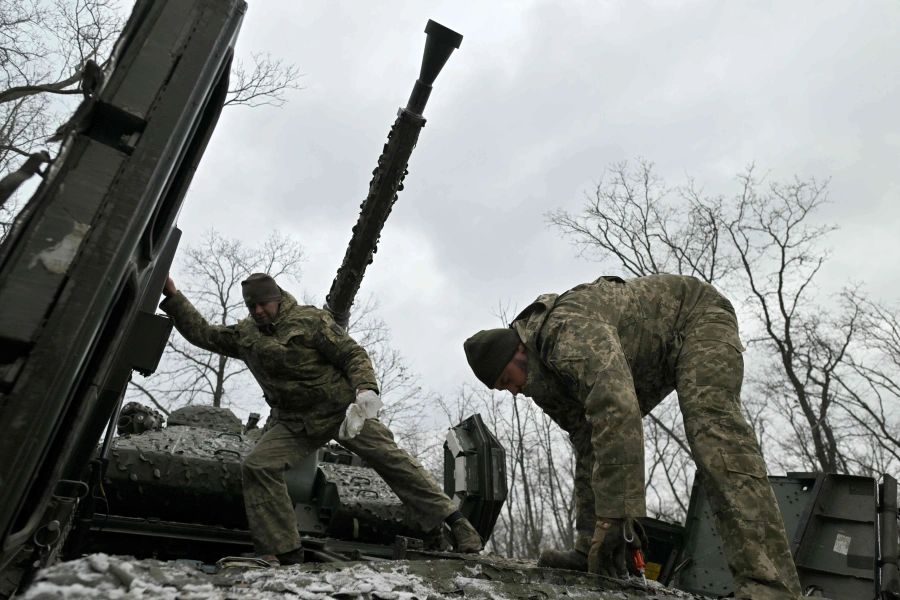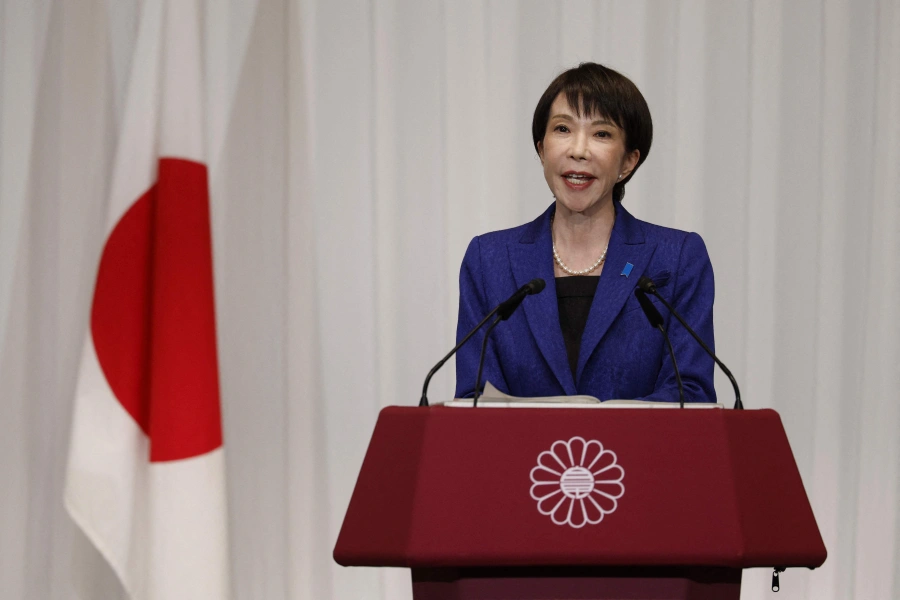Ahead of the new Constituent Assembly polls scheduled for November, political parties are preparing for the crucial vote in different ways. Some of these are clearly publicity stunts, while a few are genuine initiatives to lay the ground for polls. Time is ripe for parties to finalize their policies on major issues like system of governance and federal model, in what will be real election campaigning rather than mere posturing. This is an imperative. Lack of conceptual clarity on fundamental features of the constitution was one of the factors that led to the failure of the old CA. In the reckoning of many people, CPN-UML typifies the culture of indecision and ambiguity in Nepali politics. Other parties, especially UCPN (Maoist), have been quick to capitalize on UML’s perceived weaknesses, and have successfully lured capable UML leaders into their folds. UCPN (Maoist) Chairman Pushpa Kamal Dahal has made it clear that UML is his ‘hunting ground’ for consolidating Maoist party base ahead of the elections. [break]
UML politburo members Ram Chandra Jha and Urmila Aryal’s defection to UCPN (Maoist) is the latest major assault of Dahal and co. on the third-largest party in last CA. It was only last year that a group of central level leaders led by UML Vice-chairman Ashok Rai quit the party to form Federal Socialist Party (FSP). Most of those quitting the party accused UML establishment of alienating UML from the downtrodden and failing to take the right stand at the right time. It did not help that the party rank and file was (and is) divided over the most important political issues such as the model of federalism and system of governance. In fact, party leaders were divided over these issues throughout the four-year term of the dissolved CA.
UML members were divided when CA’s thematic committee on state restructuring voted on federal model. While party Secretary Shankar Pokharel voted for NC-proposed six-province model, Ram Chandra Jha, Mangalsiddhi Manandhar and Lucky Sherpa backed Maoist-proposed 14-province model. Unsurprisingly, Jha and Sherpa have recently defected to UCPN (Maoist), while Manandhar joined FSP last year. Such was also the case in the CA’s thematic committee on determining the system of governance. Party leaders Bishnu Paudel, Prithivi Subba Gurung and Krishna Prasad Sapkota forged an alliance with NC members and voted for NC-proposed Westminster system; three members from the same party continued to back the party’s original stand of directly elected executive prime minister. It was UML leader Prithvi Subba Gurung who led the cross-party caucus comprising lawmakers from ethnic, indigenous and Madhes-based communities that disrupted House proceedings and defied party whips. Similarly, UML members in the high level committee on state restructuring stood divided and the government body failed to produce a single report. It can be safely said that the party leadership failed to keep the party united through the four crucial CA years.
A similar divisive picture emerged in power sharing as well. Madhav Nepal became prime minister by forging an alliance with Nepali Congress, while Chairman Jhalanath Khanal became prime minister with Maoist support. Second-rung UML leaders concede it is the same reason that the party rank and file, which was most energetic during the 1990s, has become a confused lot with no clear direction and energy. The country can’t afford to waste more years in a state of such perpetual indecision. Thorny issues can be settled only if major parties come up with clear and unified stance on important issues. As the country heads to new CA polls, it is high time that UML came up with a clear blueprint on future political course—and without any further ado. The party’s poll prospects, and more importantly, the country’s chances of getting a viable constitution depends on whether major parties like UML can rise up to the challenge.
NAC in the doldrums: Domestic flights suspended, int’l flights...




































